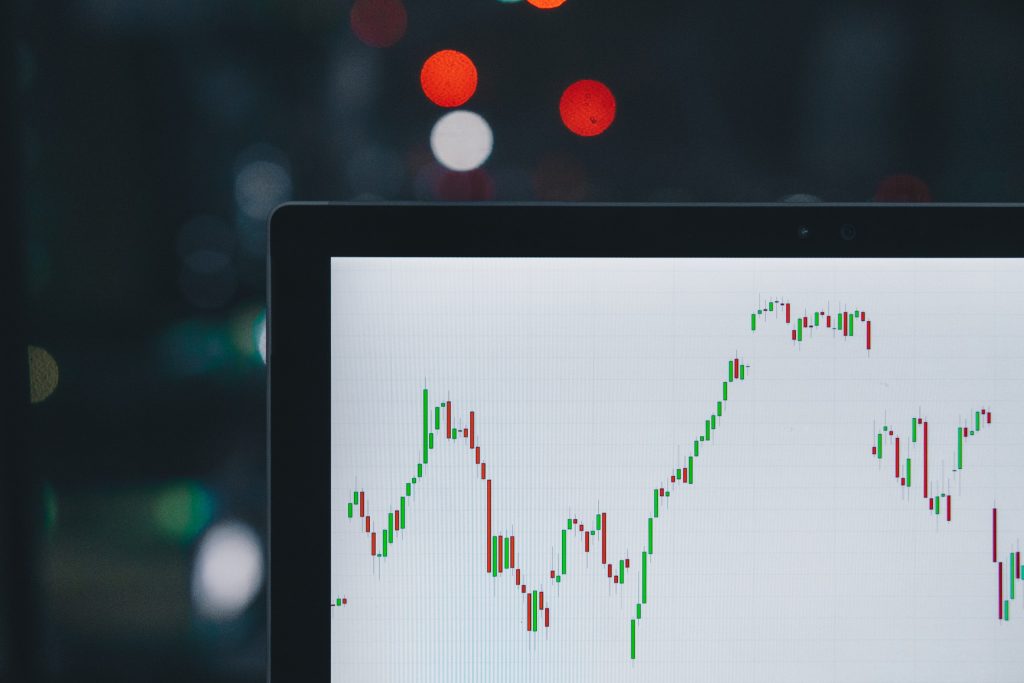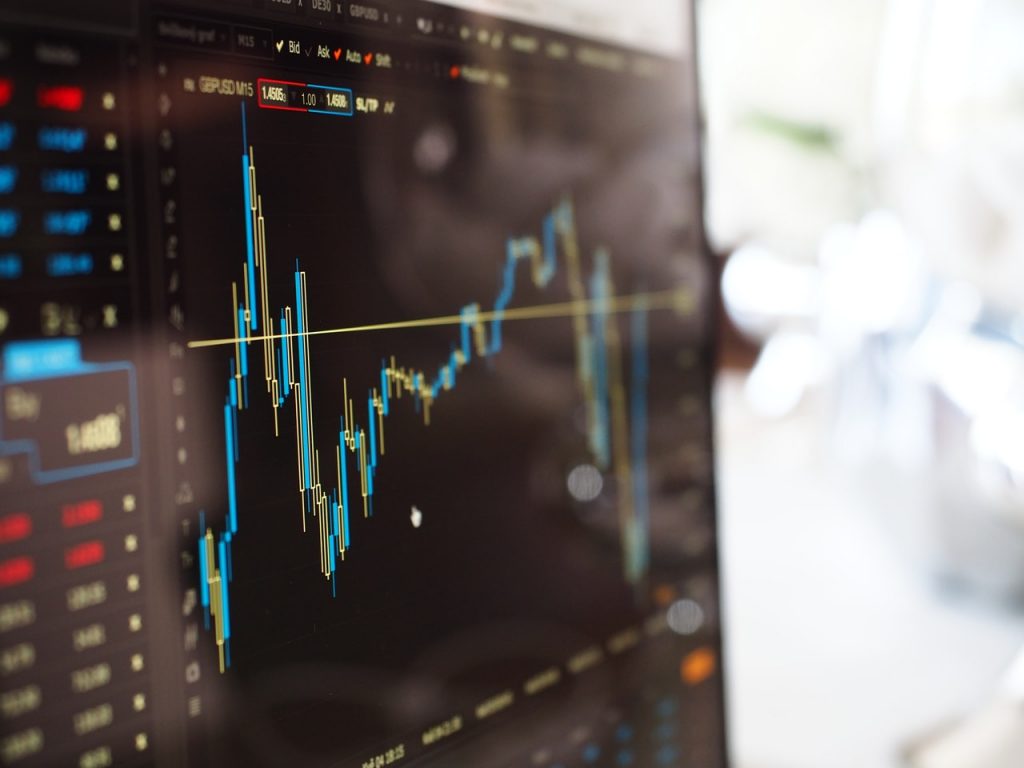Since the advent of the global financial crisis of 2008 that led to an unprecedented steep fall in financial markets all over the world, top investors have been on the lookout for alternative ways to invest.
Contracts for difference (CFDs) found rapid acceptance in this milieu of uncertainty since they gave traders and investors an opportunity to profit from the change in the price of an instrument without having to own the underlying asset.
The relatively simple structure of CFDs is the primary reason for their popularity: investors can calculate the profit based on the change in the price of an asset between the entry and exit of the contract and they needn't invest in the asset. This unique feature of CFDs has made them an attractive alternative to investing in the stock market.

The Benefits of CFDs
CFD trading has enabled all kinds of investors to benefit from the movement in price of a security while they do away with the risk of investing and owning the entire asset. This means that funds needn't be tied up in full ownership of the security at its full market value and investors can take larger positions.
Thus, investors can open larger positions than what their capital would otherwise permit. Further, if investors trade a CFD long against buying a security, they enjoy higher leveraged trading, gaining a large exposure for a fraction of the value. Further, CFDs provide you access to a range of asset classes such as stocks, indices, mutual funds, forex, and commodities.

CFDs also give you a number of other advantages via trading the underlying asset. You can trade short and long on CFD stocks and you are not required to deliver the underlying asset in the event of a sale.
A CFD is traded on margin as against holding the shares. A share CFD with a margin of 5% gives exposure to the investor that is about 20 times higher compared with an equal amount of capital deposit directly invested in shares.
Countries Where You Can Trade CFDs
CFD contracts are not allowed in the U.S. They are allowed in listed, over-the-counter (OTC) markets in many major trading countries, including the United Kingdom, Germany, Switzerland, Singapore, Spain, France, South Africa, Canada, New Zealand, Hong Kong, Sweden, Norway, Italy, Thailand, Belgium, Denmark, and the Netherlands.
CFD Examples
For instance, if you want to buy 10 shares of Google Corporation at the CMP of $1085, you would have to invest $10,850 ($1085 X 10). However, if you were to acquire 10 CFDs of Google Corporation, you would need to invest just in 5% margin, which works out to about $542 and you are left with more than $10,000 which you can invest in other instruments and asset classes.
This is how CFDs give you a larger exposure to a variety of asset classes and you can stretch the invested dollar or pound further.
Conclusion
Yet another important factor that makes CFDs a preferred choice is the ability they give the investor to speculate on shares without owning the shares, which makes a major psychological difference.
For instance, if you were holding shares of Apple for 10 years, you would hesitate to sell off your investment on every rally or correction. You would rather focus on the long-term fundamentals instead of being bothered with the Fibonacci patterns, candlesticks and technicals, and would leave that complex analysis to the day trader.
However, when it comes to CFDs, you are investing in a share over the period of the contract and you have no sentimental association with the stock. You would not hesitate to cut positions fast and you get the benefit of the long-term fundamental investor as well as the day trader.







